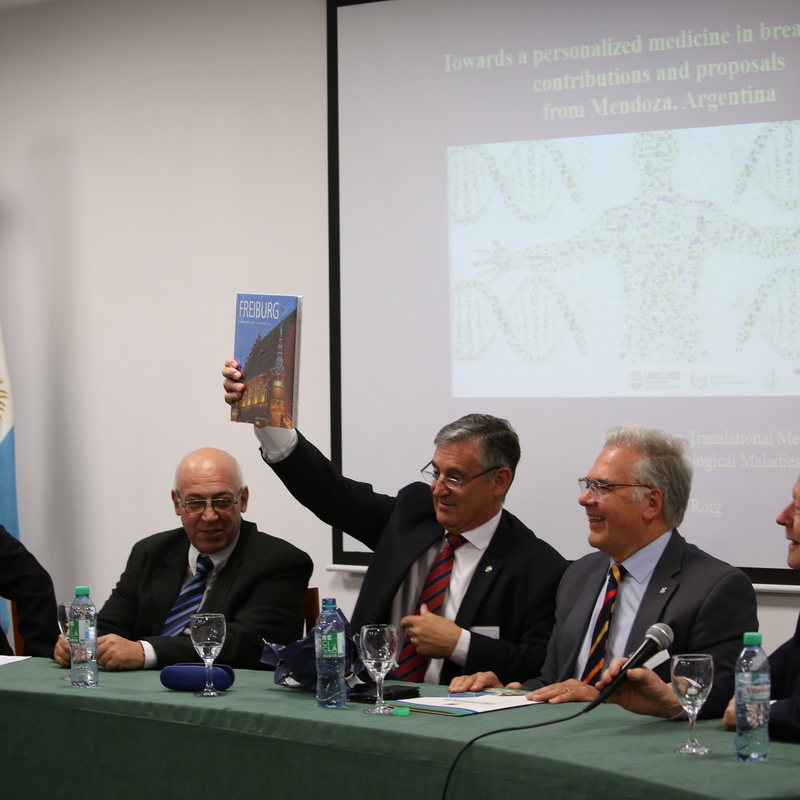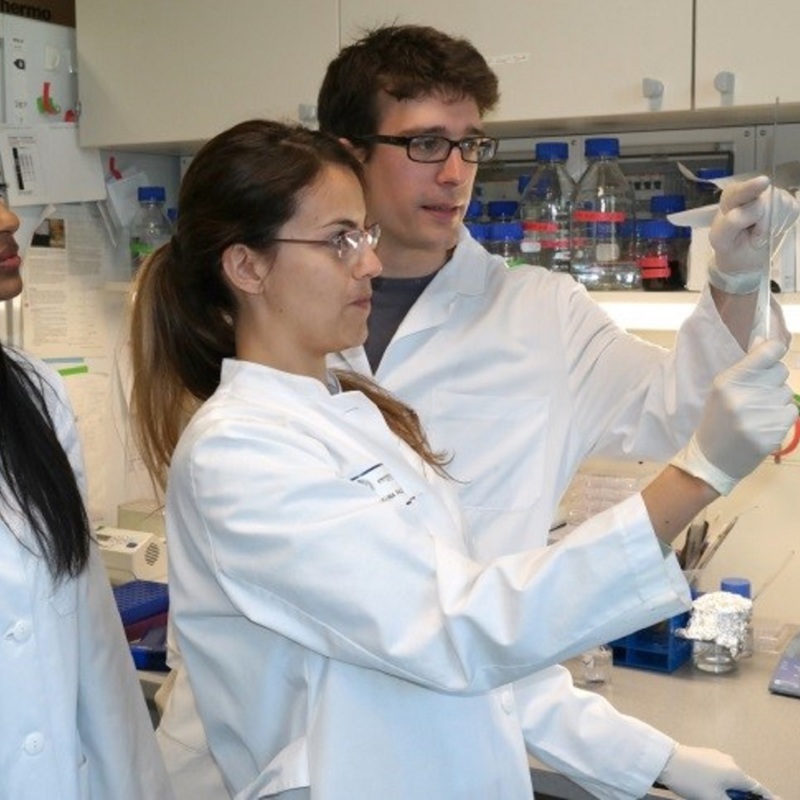Search
Sustainability by improving energy efficiency in traditional housing in Kosovo
DOI: 10.17160/josha.5.5.434
ABSTRACT The objective to this paper is to identify and evaluate aspects of sustainability by improving energy efficiency of traditional housing in Kosovo. The fact that refurbishment of them is to be more rational, as for sustainable and consistent use of the houses- sustainable occupancy, as for sustainable environmental protection, sustainable tourism, good practice to young urban planners, architects and real estate managers. It is acknowledged that master artisans of traditional architecture in Kosovo were conscious of the sustainability parameters in designing and constructing the traditional houses in villages and rural areas. Efficiency in the use of space, smart building location and orientation, design of the buildings, functionality of inner spaces, lay out of window openings and use of materials have been important for the traditional old buildings.
Editorial of Volume 5, Issue 4
DOI: 10.17160/josha.5.4.432
With this editorial, we are closing the fourth issue of 2018. Lookout for some new updates on our current issue. For instance, the addition of different categories for our multidisciplinary titles likes medicine, music, literature, Visual Arts. We bring you 10 articles from Countries of all over the world like Colombian, Kosovo, Italy, Saudi Arabian, Germany, Argentina, and Romania. We are proud to end this issue with our first critical Reviews about medical topics. We would like to remind our reader about our Demetrios Prize 2018. The manuscripts of the winners will be published in the Journal with a unique DOI for each paper as a chance for all those who want to have the opportunity to publish their research thesis and to win 500 Euros.
Freiburg IMBS "Diploma of Advanced Studies" Winter School in Biomedical Sciences 2018-19 . Now Open for Registration
DOI: 10.17160/josha.5.4.429
The Winter School in Biomedical Sciences is a 5 months international program at the University of Freiburg. It is designed as an intensive time of studies and research with specific and practical training that qualifies for success in academia or the private sector. In addition to the modules, students can choose a personal research project. Each research project is individually supervised and involves eight weeks of lab work, that is seven weeks of experimental work followed by a week of data analysis and a written lab report in the format of a scientific research publication.
JOSHA’S CRITICAL REVIEW OF “Efficacy of Larotrectinib in TRK Fusion– Positive Cancers in Adults and Children"
DOI: 10.17160/josha.5.4.427
JOSHA´S CONCLUSION. IMPORTANT PROGRESS; ESPECIALLY FOR PATIENTS WITH SARCOMAS FOR WHOM VERY FEW TREATMENT ALTERNATIVES EXIST. TRK-FUSION TESTING SHOULD BECOME ROUTINE IN PATIENTS WITH SARCOMA AND SELECTED PATIENTS WITH OTHER REFRACTORY MALIGNANCIES. JOSHA’S Critical Reviews in Oncology and related areas of medicine and science will focus on recently published clinical and non-clinical studies and discoveries. Our editors feel that there is a strong need for expert opinions on studies and discoveries that may potentially impact on patient care. While any judgment will, of course, be a personal and subjective opinion of our editors with all its limitations, we do hope this service will be helpful for our readers and stimulate thoughts and reflections in face of ever more rapid introductions of new drugs and therapeutic strategies in these days. We do encourage comments by our readers! The photo on the cover: Kinetic art by Carlos Cruz Diez . (re-edited at 12.05.18)
JOSHA’S CRITICAL REVIEW OF “GENE THERAPY IN PATIENTS WITH TRANSFUSION-DEPENDENT β-THALASSEMIA” BY A.A. Thompson et al. N Engl J Med 2018; 378:1479- 1493.
DOI: 10.17160/josha.5.4.426
THESE INTERIM RESULTS OF TWO PHASE I/II TRIALS ARE REMARKABLE. THOMPSON AND COLLEAGUES DEMONSTRATE THE PROGRESS OF CLINICAL GENE THERAPY FOR MONOGENETIC DISEASES WITH A MEDIAN OBSERVATION TIME OF 26 MONTHS. WITH A FURTHER REDUCTION IN TRANSPLANT-ASSISTENSIVE CONDITIONING, THIS POTENTIALLY CURATIVE TREATMENT OF BETA-THALASSEMIA MIGHT BECOME STANDARD OF CARE IN THE FUTURE NOT LIMITED TO HIGH-INCOME COUNTRIES. HOWEVER, LONG-TERM FOLLOW -UP DATE ARE STILL NEEDED. JOSHA’S Conclusion: IMPORTANT PROGRESS – MAY BE APPLIED AS STANDARD OF CARE FOR SELECTED PATIENTS. JOSHA’S Critical Reviews in Oncology and related areas of medicine and science will focus on recently published clinical and non-clinical studies and discoveries. Our editors feel that there is a strong need for expert opinions on studies and discoveries that may potentially impact on patient care.
1st Freiburg,Germany - Mendoza, Argentina Symposium on Translational Medicine
DOI: 10.17160/josha.5.5.423
The initiative for organizing this symposium arose a few months ago, during the visit of Prof. Borner and Prof. Mertelsmann. It was supported by the German Consulate of Mendoza, particularly by Mr. Andres Vollmer. Alongwith Mr. Vollmer, the faculty of Medical Sciences and the young researchers showed their excitement about the symposium through their active engagement with its organization. While our Medical School is just sixty-eight years old, it is widely recognized in our country as a public institution with high standards for the education of physicians, nurses and health technicians.
Editorial of Volume 5, Issue 3
DOI: 10.17160/josha.5.3.420
The Editorial board and everybody at JOSHA would like to thank our readers and authors for supporting this wonderful project and for making March and April of 2018 successful for JOSHA. With ten titles including multidisciplinary articles covering interesting aspects of medicine, music, literature and more, including articles from Colombia, Kosovo, Italy, Germany, and Romania. We also started this editorial sharing with pleasure our Demetrios Prize 2018 as a chance for all those who want to have the opportunity to compete for the prizes for Bachelor, Master and PhD Theses and want publish their thesis in Josha Journal. Photo on the cover: Biblioteca de la Real Academia Española.
Celebrating 10 years of IMBS
DOI: 10.17160/josha.5.3.405
In this special occasion, we will be celebrating the 10° Anniversary of the IMBS! Scientists and leaders from academic, clinical and research organizations have been invited to share the latest discoveries in biomedicine and public health research aiming to improve the patient's care and health of individuals and the community. This exciting Scientific Program will include some of the latest developments and approaches in specific areas of Cellular & Molecular Biology, Cardiology, Neurology, Oncology Our Congress will also provide a great opportunity for IMBS and Ph.D. students and young scientists to display their work at the poster session where the three most outstanding presentations will be awarded. We look forward to sharing this event with you in Buenos Aires. Application deadline: 30th of June 2018. Admission requirements: Min. Bachelor Degree and at least one year of professional experience in relevant fields and/or in relevant countries.
Editorial of Volume 5, Issue 2
DOI: 10.17160/josha.5.2.402
With this editorial, we are closing the second issue of 2018 with eleven titles including multidisciplinary articles covering interesting aspects of medicine, music, literature and more in 11 articles from Colombian, Kosovo, Italy, Saudi Arabian, Germany, and Romanian. We are proud to end this issue giving our readers the new possibility to write in Arabic. The Editorial board and everybody at JOSHA would like to thank our readers and authors for supporting this wonderful project and for making the first three months of 2018 successful for JOSHA. Photo on the cover: Biblioteca de la Real Academia Española.
Building Rating System: Kosovar imperative in sustainable context
DOI: 10.17160/josha.5.2.387
The purpose of this paper is to identify and establish an understanding for the importance of Building Rating System (BRS) and insights of a detailed survey of the building’s specifications in compliance literally stated in requirements of Construction Industry Law in Kosovo. BRS will be used as a comprehensive tool to deliver a report to the respective governmental institution and property developer. As an important part of the sustainable construction delivery system, sustainable BRS plays an essential role in implementing the sustainable principles into the construction industry and assessing the building’s rating. The research adopts comprehensive literature reviews from numerous published sources, as journals, government reports, published thesis and website document focusing study on BRS contributions.

.jpg?1527006211)




.jpg?1524303830)

.jpg?1521825637)
